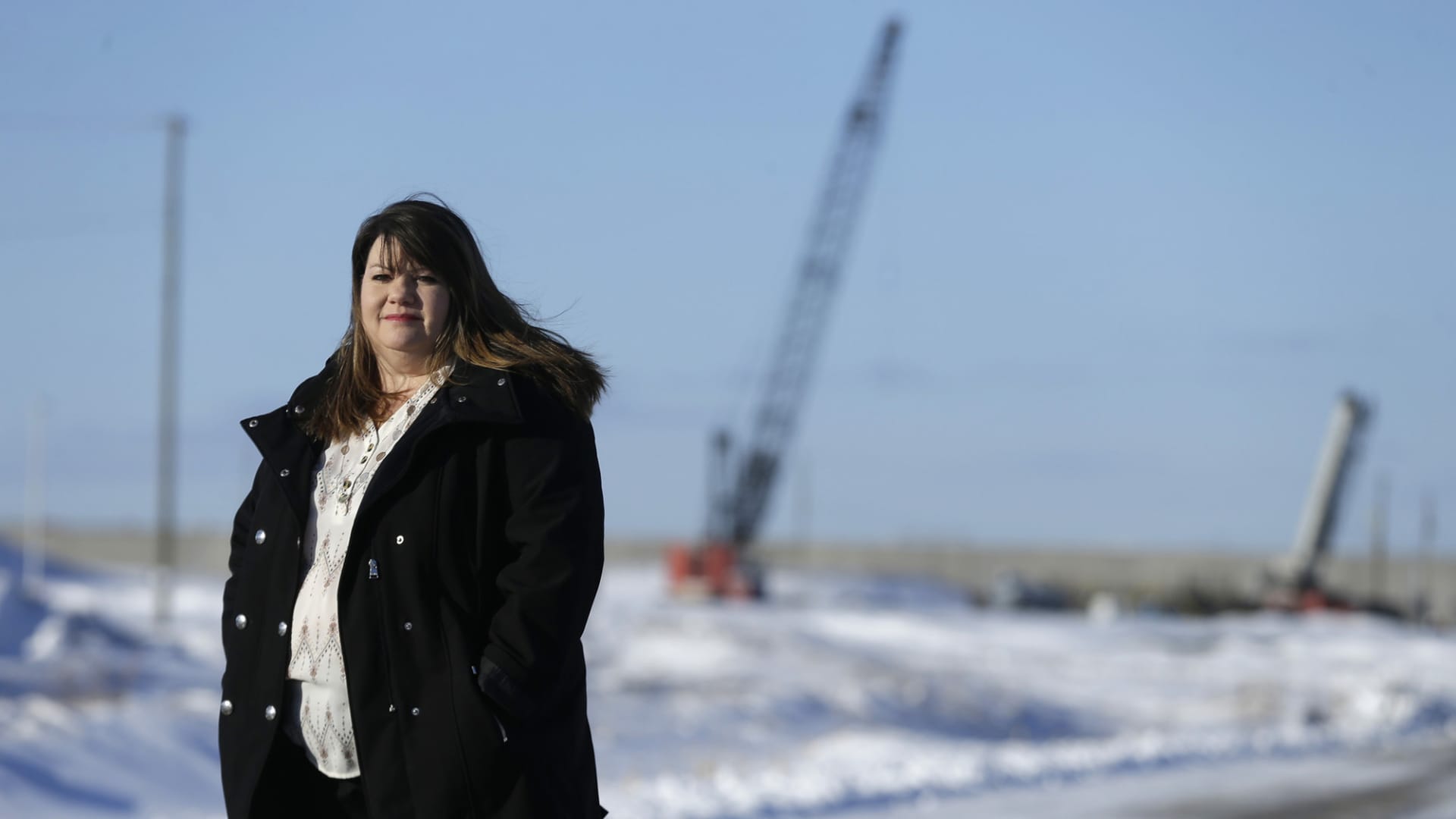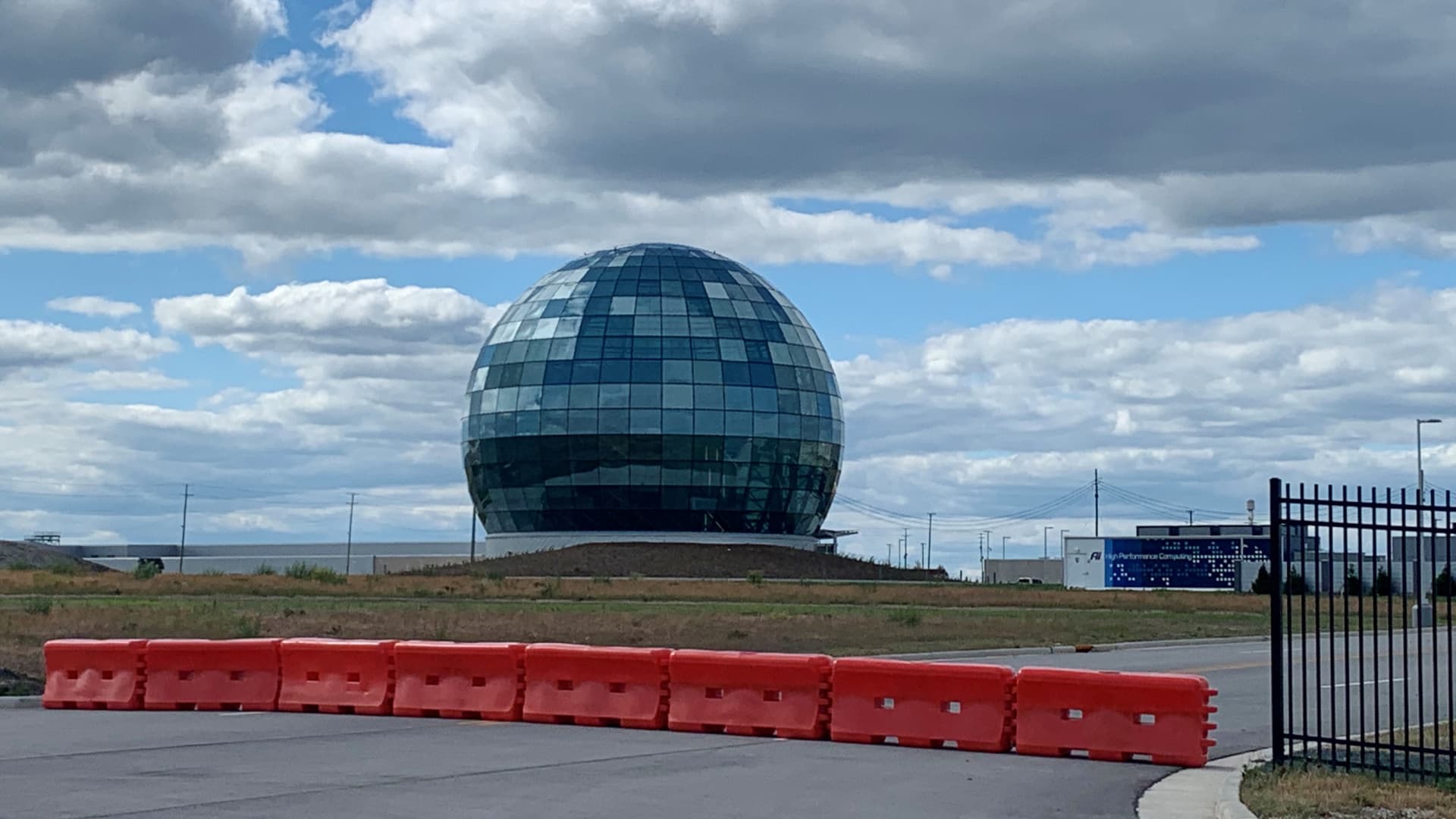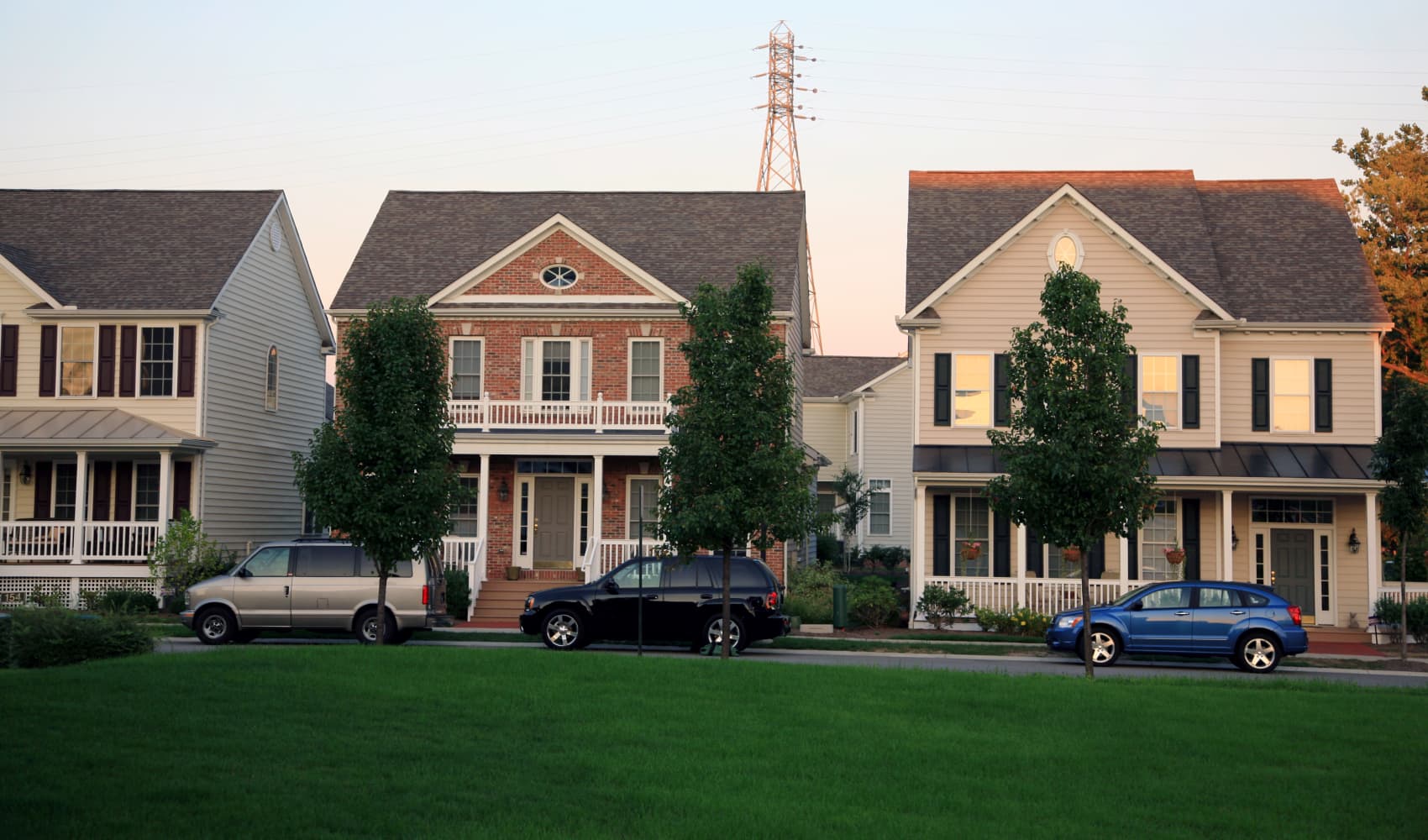
- Wisconsin’s top economic development official, who recently renegotiated a $2.85 billion incentive package with Foxconn down to $80 million, says the episode helped cause the state to rethink its approach to business subsidies.
- The Taiwanese electronics manufacturer promised to create 13,000 jobs at a project that former President Trump called “the eighth wonder of the world.” But the company never met its hiring targets, and the future of the vastly scaled-down facility is unclear.
- Industry experts say companies and states have gotten less aggressive about subsidies as a means to attract businesses, choosing instead to look more closely at factors like workforce and infrastructure.
Economic development officials in Wisconsin say they are more than ready to move on to other matters now that they have renegotiated a massive subsidy deal with Taiwanese electronics manufacturer Foxconn that was widely considered to be one of the biggest economic development debacles in history.
But the impacts in Wisconsin persist, and business leaders and policymakers nationwide are still sorting out what the saga means in the high stakes battle between the states to lure businesses and jobs.
Get top local stories in Philly delivered to you every morning. >Sign up for NBC Philadelphia's News Headlines newsletter.
"It's a big 'I told you so'," said Kim Mahoney, the only property owner to refuse to sell her home in Mount Pleasant, Wisconsin, to make way for the project, and now finds her house surrounded by a largely unused factory complex.
"Do I feel good about saying, 'I told you so?' No, not at all," Mahoney said.
Hailed as "the eighth wonder of the world" by then-President Donald Trump, who traveled to Wisconsin for the 2018 groundbreaking, the Foxconn facility was supposed to be a mecca for advanced manufacturing on a sprawling site about 30 miles south of Milwaukee. The company promised to invest more than $10 billion building giant video displays, creating some 13,000 high-tech manufacturing jobs.

The state, under former Gov. Scott Walker and at the urging of the Trump administration, agreed to pay up to $2.85 billion in incentives, plus hundreds of millions more to buy the land and build the infrastructure to support the project. It is believed to be the largest such package ever offered by a state to a foreign company.
Money Report
But almost immediately there were problems, which Foxconn has called "unanticipated market fluctuations." The plan to build giant video displays quickly proved unworkable, so the company considered making screens for smartphones instead. Foxconn repeatedly missed its hiring targets, even as the state and local governments shelled out millions to continue developing the site.
Wisconsin slashes bad deal
Walker, a Republican, lost his 2018 re-election bid to Democrat Tony Evers, with the faltering Foxconn deal as a key campaign issue. In 2019, Evers' administration began talks with Foxconn to renegotiate the incentive deal.
"Transparency and accountability and protecting the taxpayers has always been a top priority," Evers told CNBC in July of that year.
Finally, in April, the two sides announced a new agreement.
After years of insisting that its initial hiring targets remained intact, Foxconn acknowledged that it would create only about 1,500 jobs. The state, in turn, slashed its subsidy to about $80 million.
"The last deal didn't work for Wisconsin, and that doesn't work for me," Evers said in a statement.
The company, in turn, said in a statement that it welcomed the flexibility the new agreement provided.
"With this flexibility also comes the predictability and stability to know that Foxconn's material contributions in Wisconsin will be recognized by the State as benchmarks are achieved year-over-year," the company said.
Foxconn representatives did not respond to CNBC's requests for comments for this story.
Rethinking incentives
Evers' top economic development official, Missy Hughes, who took over as CEO of the Wisconsin Economic Development Corporation (WEDC) in October 2019 and led the state's renegotiations with Foxconn, said the new deal marks a shift by the state.
"(Foxconn) was a silver bullet, and it missed the mark," she said.
Now the state is broadening its economic development efforts, with an added emphasis on helping small businesses, she added.
WEDC said it administered more than 27,000 grants to businesses last year, compared to just 302 awards in 2019. The increase was fueled largely by federal CARES Act funds, along with a much greater need by businesses during the pandemic. But Hughes expects the trend toward more awards to continue, while the state looks at other ways to lure the big fish.
"A business is never going to choose a state to relocate or to expand in just based on subsidies that the government is providing. They're going to want to make sure that the workforce is there, that their supply chain is there, and that they can be successful," she said. "Our incentives are not only in monetary, financial ways."
The shift aligns with a move by companies away from mainly considering incentives and taxes when deciding where to locate.
"At the end of the day, economic development and site selection is not about a race to the bottom — about who can do it cheaper than another person — it really is a decision about the best value," said Christopher Lloyd, a site selection consultant at McGuireWoods in Richmond, Virginia, and chairman of the Site Selectors Guild, an industry trade group.
He said Wisconsin is among many states that have moved away from headline-grabbing incentives in their pitches to companies, selling things like infrastructure and workforce.
"They want to show that we can deliver on many of these fronts to companies. So, give us a shot," he said.
Local downside after Foxconn gamble
Back in Wisconsin, they are still dealing with the downsides of the big gamble on Foxconn.
Because the company never met its hiring targets, the state did not have to pay any of the $2.85 billion in incentives it had promised in the original deal. But close to $1 billion has already been spent on infrastructure and land acquisition, with large portions of those costs falling to the Village of Mount Pleasant and Racine County, both of which saw their debt downgraded.
Like the state, the village is also attempting to renegotiate its agreement with Foxconn.
"Everything's on the table," Village president Dave DeGroot told WTMJ-TV in April.
Meanwhile, Foxconn has been doing light manufacturing on the site, which includes four buildings and a giant glass sphere that the company originally planned as a data center, but apparently only contains an auditorium.

The company used the site to manufacture masks and ventilators in the early months of the pandemic, and reportedly is assembling computer servers now. It is also considering assembling electric vehicles there under a joint venture announced earlier this year with Fisker.
Next to the site on Prairie View Lane, Kim Mahoney said she and her husband are still willing to sell their home for a fair price, as they always have been.
All of her neighbors' homes have been razed, and the rolling cornfields that were once outside her front door have been replaced by a chain-link fence and Foxconn's giant glass sphere at the end of the block.
But, she said, the location has one great advantage.
"It's quiet out here."
CNBC considers incentives as part of the Cost of Doing Business category in our 2021 America's Top States for Business rankings. We evaluate all 50 states on 85 metrics in ten categories of competitiveness. Our exclusive study is coming July 13!






